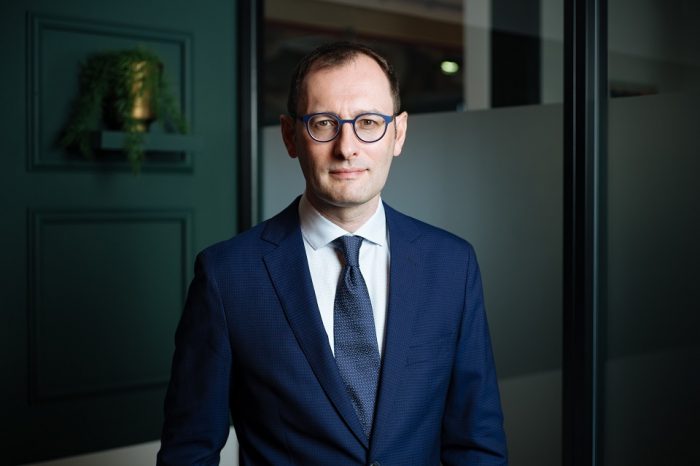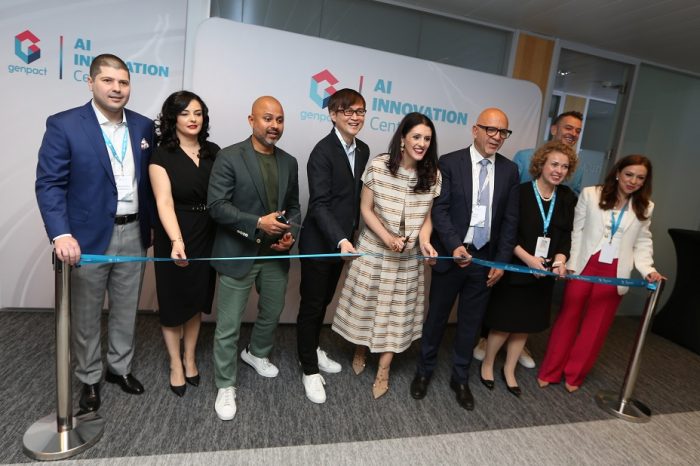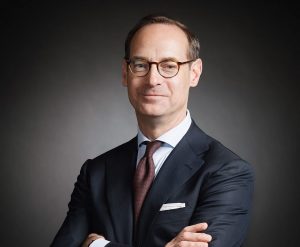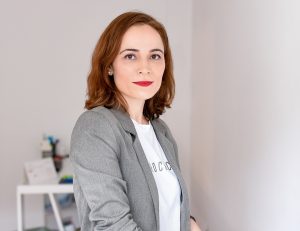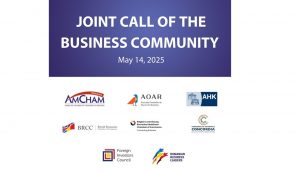Irina Butnaru, Wipro: “We are focusing on educating everyone on AI so that we help them embrace the change rather than be afraid of it”
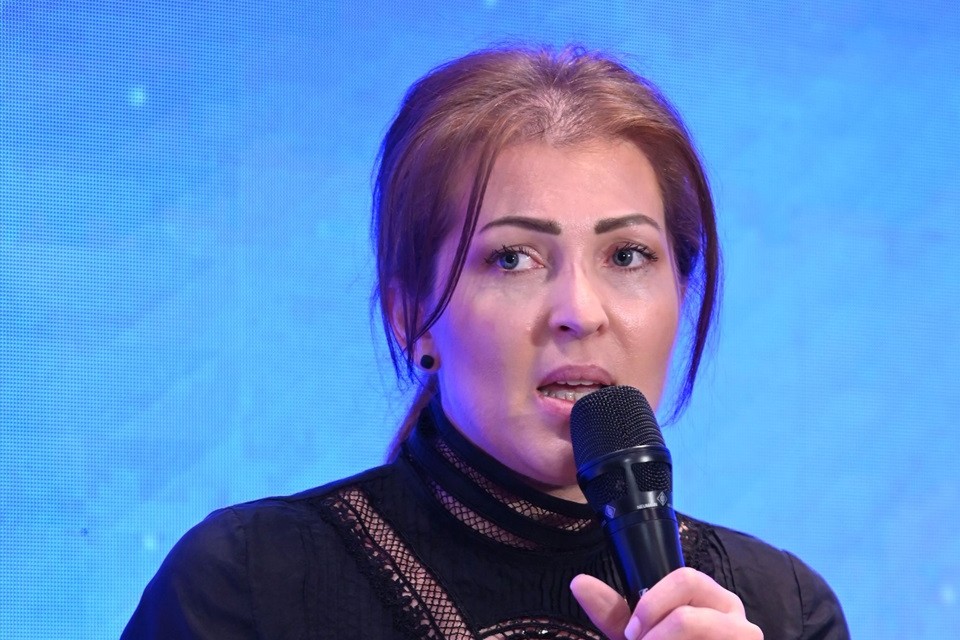
“I’ve been talking in the past couple of years about the context we are living in, the historical times, and I’ve been talking about five generations, and it’s the first time that actually five generations are living in the workplace. Also, I am a sociologist, and this is my background, so I can’t help myself not noticing the evolution of the societies and how we adapt as human beings and how the businesses then adapt to the challenges.
And there has always been challenging to cope with employee expectations, but now more than ever, because we actually educated the talent, and now we see a talent that is less engaged than in the past. And there are studies according to which in Europe, specifically, only 13 percent of the employees are really actively engaged. There are studies saying that over 50 percent of the employees in Europe are looking for a new job in the next coming months,” Irina Butnaru, Romania Country Lead & General Manager, Wipro said at Romanian Business Services Forum organized by Outsourcing Today and The Diplomat-Bucharest.
“Also, this ‘kebab of wellbeings’ or types of wellbeing, it is there, and each component of it helps bit by bit, but none of them helps to reach those 90-something percentage of engagement in a company. So it becomes obviously challenging, especially with AI coming, because this is changing completely the world we are living in. But I’m an optimist, and you always have to look into upskilling and reskilling your people and helping them navigate the challenges and the new world.
Hence, at Wipro, we are focusing on educating everyone on AI so that we help them embrace the change rather than be afraid of it. I have seen along the way a lot of jobs disappearing, but I have seen as many new jobs being discovered. I don’t think a couple of years ago, like 10 years ago or 5 years ago,
we were talking about content moderators. We were putting the blame on Facebook and all that, but then now it’s an entire industry, and we are even developing research, and we are fighting for that market share. But then AI is going to open new doors. It’s a matter of us being responsible, and here I’m glad that everybody is talking about sustainability and wellbeing, because it’s our responsibility as businesses to help our people navigate the new world that is shaping up.
I think everybody’s taking a more collaborative approach because customer centricity means involving your customer. I think everybody started to see that even technology nowadays develops because we are also changing our expectations towards technology. So now I think it’s important, more important than ever to actually not only engage customers and have a collaborative approach, but also engage all the participants and all the key stakeholders, and employees are key stakeholders.
Because I am a millennial, I always had this expectation from leadership. And I always thought they have to be the visionary ones.
However, I think we are seeing the change. And I think everybody sees the change. It’s not only the pandemic that brought us here. But I think it’s the need of the people for somebody to be their guiding star. And I think that imposes to leadership a sort of a visionary and more communicative approach than ever before.
We are no longer managers or commanders. But we are the ones who would support and would probably invest the talent to actually shine. Then I think this expectation from the employees for the leaders to communicate more often comes from the need to be transparent and have emotional understanding. So being in the middle of employees communicating, being transparent, it offers them that feeling of security and that feeling of, yeah, I know what is going on. I know what is going to happen. I know where we are and where the company needs us to be. Yes, there are changes. It’s a kebab leadership if you want. So not only that we need to continue to be the leaders or the managers from before, but we have to add more. And I think the well-being and the communication around well-being makes it even harder, because it’s not only business knowledge, but now you have to get a little bit of psychology knowledge too. But definitely it’s changing.”

